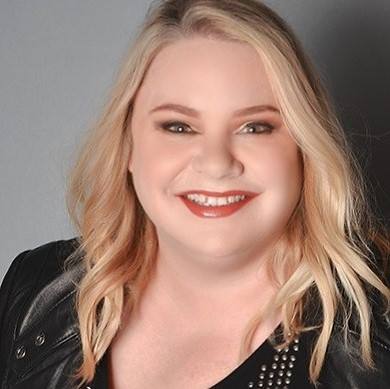We’re excited to introduce you to the always interesting and insightful Nicole Lewis-keeber. We hope you’ll enjoy our conversation with Nicole below.
Nicole, thanks so much for taking the time to share your insights and lessons with us today. We’re particularly interested in hearing about how you became such a resilient person. Where do you get your resilience from?
Resilience is a hard thing to pinpoint, but if I had to credit one experience, it would be growing up in a time when the school system didn’t support students with learning disabilities. I very clearly had a learning difference, yet I spent 12 years in school struggling—not because I wasn’t capable, but because the system didn’t know how to teach me.
Twelve years of feeling lost, of not understanding what was going on, took a toll on my self-worth. By the time I graduated high school, I had internalized the belief that I wasn’t smart and wouldn’t amount to much. But what I didn’t realize at the time was that those years were quietly shaping my resilience.
In order to survive school, I had to figure things out on my own. I had to find ways around obstacles, create solutions for myself, and adapt in ways that weren’t being taught to me. That skill became invaluable. It gave me the confidence to advocate for myself in college, to seek out testing for a learning disability for the first time, and to secure the accommodations I needed.
Ever since then, I’ve carried that lesson with me. Resilience, for me, is knowing that an obstacle isn’t always a dead end—it’s often just a detour. The answer isn’t necessarily no; sometimes, it’s just not yet or not this way.
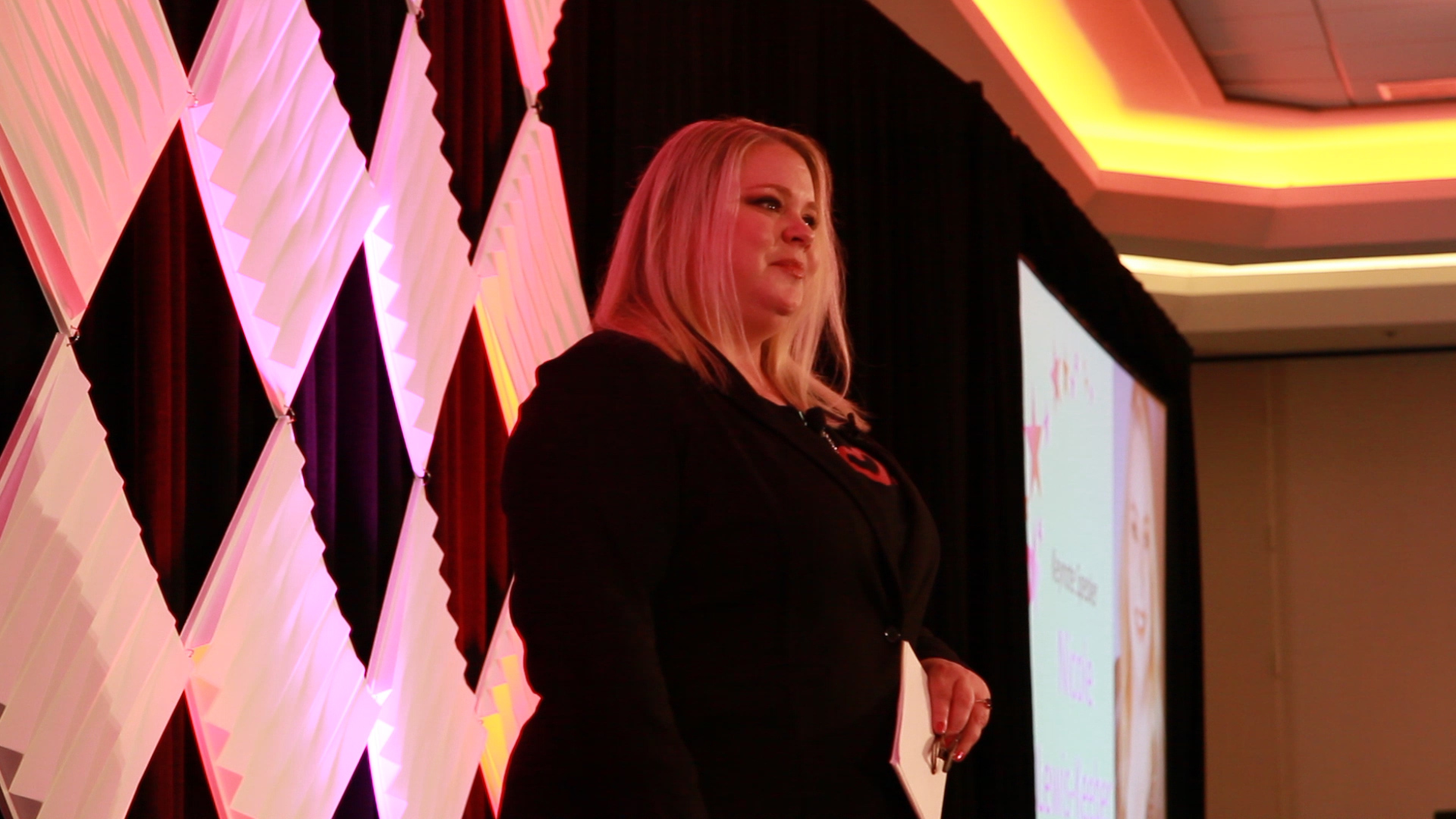
Great, so let’s take a few minutes and cover your story. What should folks know about you and what you do?
I’m a business therapist and mindset coach who works with entrepreneurs to create and nurture healthy relationships with their businesses. I’m a Licensed Clinical Social Worker with a Masters in Social Work and a rich experience of working as a therapist. Certified in Brené Brown’s The Daring Way™ and Dare To Lead™ methodologies, I’ve also been featured on numerous media outlets including Fast Company and NPR for my work in breaking the stigma of mental health and business ownership.
I write and speak about the impact of small t trauma on businesses but my biggest, more important work is in combining therapeutic processes with business coaching to help entrepreneurs like you build emotionally sustainable, financially stable businesses.
Let me share more about how I do this with my clients.
One thing I know to be true is that when we start a business we enter into a relationship.
And that relationship? That’s a lot of the reason we find ourselves blocked, frustrated, dealing with the same problems time and time again.
If we’re not aware of the relationship with our business, we’re prone to default into relationship patterns from our personal lives and our past.
This may not seem like a big deal but it can often be the barrier between a business you love and loves you back? Or feeling alone and disconnected in your business.
Building a loving relationship with your business requires that you release old wounds that can feel uncomfortable and you do not want to do that kind of work with just anyone.
I invite people who are curious about whether childhood trauma could be influencing their business to take my assessment.
Becoming more trauma conscious can help you Make Lasting Changes To Achieve Audacious Goals
When you’re courageous enough to look at the real problems that have been holding you back from making more money, stepping into your innate leadership style, or setting clear boundaries, that’s when everything changes.
By addressing how trauma may be showing up in your business, you can begin to disrupt your old patterns, change your relationship with your business, and set yourself on the trajectory for the success you’ve wanted all along.
Is Trauma Impacting Your Business?
Find out how it may be showing up
https://nicole.lewis-keeber.com/opt-in-to/trauma-and-entrepreneurship-assessment/
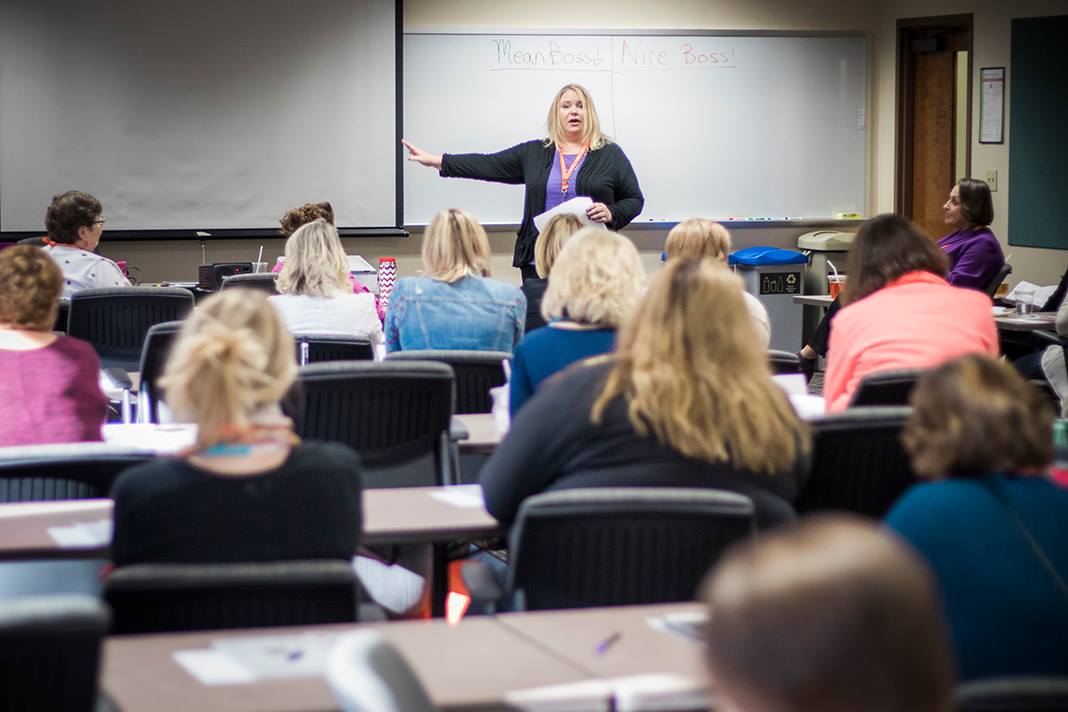
If you had to pick three qualities that are most important to develop, which three would you say matter most?
As someone who works closely with founders, small business owners, and leaders, I believe that the most impactful skills in my journey—and for any entrepreneur—are rooted in trauma-conscious leadership, self-leadership, and relational awareness.
Trauma-Conscious Leadership
One of the most important things you can develop as a business owner is the ability to lead with a trauma-conscious lens. Every person carries experiences from childhood where they felt unseen, unsafe, or unheard in some way. Often, the drive to become an entrepreneur stems from a deep-seated desire for control—sometimes as a response to those early experiences. When we recognize this, we can acknowledge both the wounds that shaped us and the strengths we’ve built because of them. True leadership comes from being aware of these influences, so they don’t unconsciously direct our decisions or hold us back from our goals.
Self-Leadership
Before you can lead others effectively, you have to lead yourself. Self-leadership means being aware of your motivations, understanding your emotional responses, and taking responsibility for how you show up in your business. If someone believes their past has no impact on their present decisions, they are often operating from a place of defense rather than alignment. Developing self-awareness and emotional regulation will help you make more conscious choices, rather than reacting from past patterns.
Relational Awareness—Understanding Your Relationship with Your Business
A business is not just an extension of you—it’s something you are in relationship with. The roles we played in our formative years and the dynamics we experienced in relationships will inevitably surface in how we relate to our business, our clients, and our team. Childhood experiences don’t disappear when we step into leadership; they influence how we manage challenges, interact with others, and structure our businesses. Becoming a trauma-conscious business owner means recognizing these influences, bringing self-compassion to the process, and actively choosing to run your business from a place of strength rather than survival.
Advice for Those Early in Their Journey
If you’re just starting, I encourage you to:
Cultivate self-awareness—reflect on how your personal experiences shape your approach to leadership and decision-making.
Practice self-leadership—prioritize emotional resilience, set boundaries, and take responsibility for how you engage with your work.
Liberate your business from past wounds—approach your business with self-compassion and recognize the strengths you’ve developed through your experiences.
By understanding these dynamics early on, you can build a business that aligns with your values, supports your well-being, and creates meaningful impact.
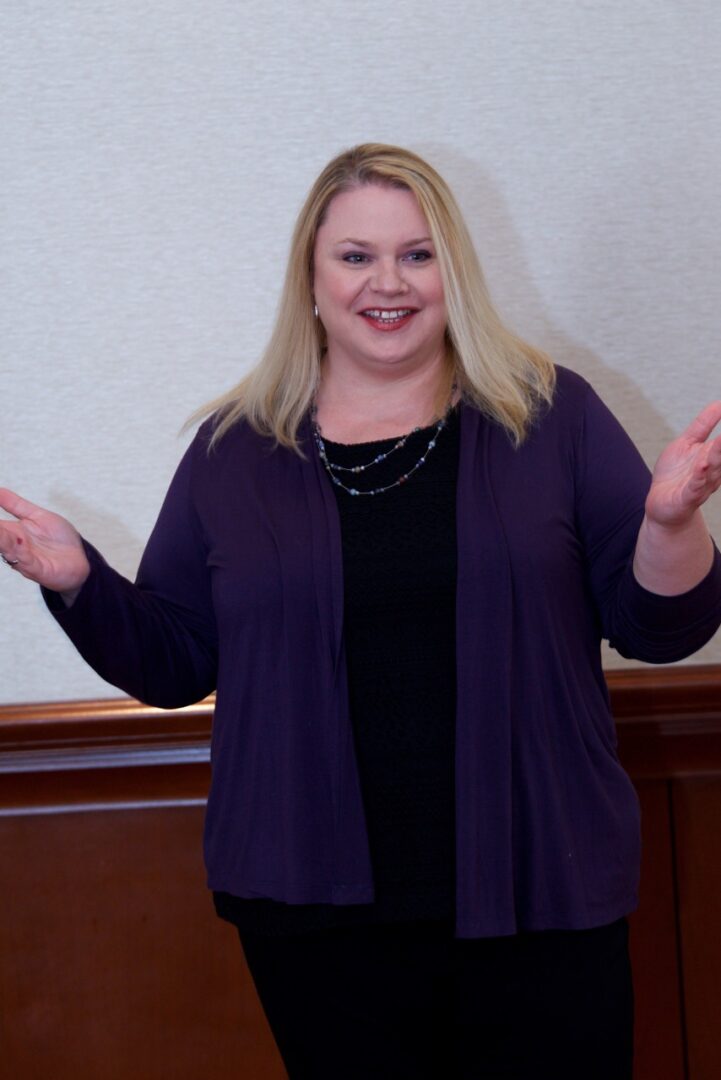
Awesome, really appreciate you opening up with us today and before we close maybe you can share a book recommendation with us. Has there been a book that’s been impactful in your growth and development?
Big Magic by Elizabeth Gilbert was a transformative book for me—it created a paradigm shift in how I viewed my relationship with my business. Through reading it, I recognized that I was unconsciously replicating childhood trauma in the way I ran my business. I had unknowingly created an abusive dynamic with my own work, holding myself to unsustainable expectations and operating from a place of fear rather than creativity and trust.
That realization was profound. It allowed me to step back, study the patterns I had been repeating, and develop a framework to change my relationship with my business. Over time, that work expanded beyond myself, helping others recognize how their own childhood experiences might be shaping the way they interact with their businesses.
Big Magic truly lived up to its name—it helped me see something I hadn’t been able to recognize before, and for that, I’m incredibly grateful. I always recommend it to others, especially those navigating their own creative or entrepreneurial journeys. I even had the opportunity to thank Elizabeth Gilbert in person, which was a full-circle moment given how deeply her book impacted my path.
Contact Info:
- Website: https://nicole.lewis-keeber.com/
- Instagram: https://www.instagram.com/nicole.lewiskeeber/
- Linkedin: https://www.linkedin.com/in/nicolelewiskeeber/
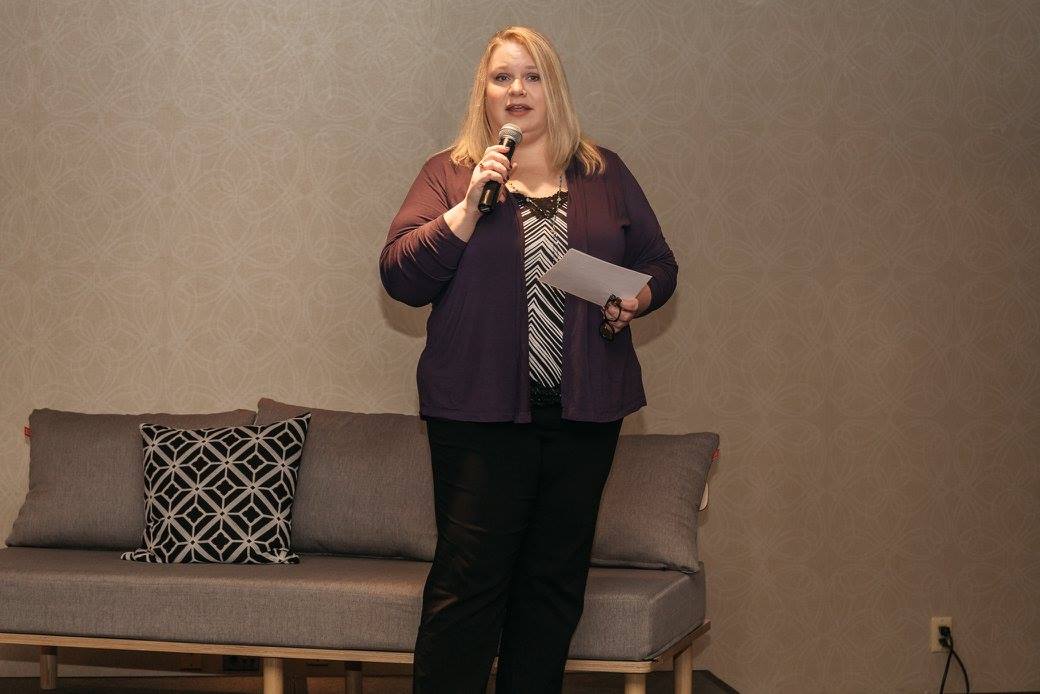
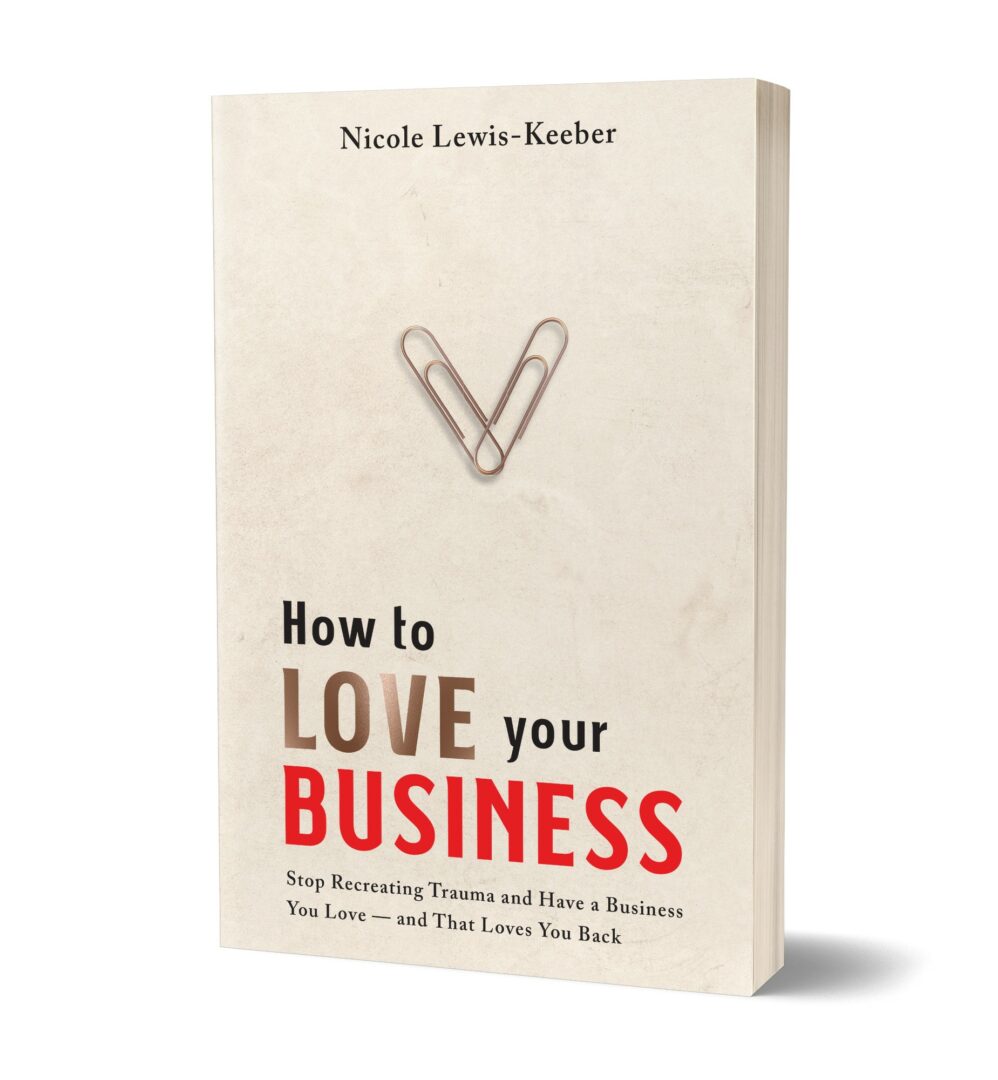
so if you or someone you know deserves recognition please let us know here.

